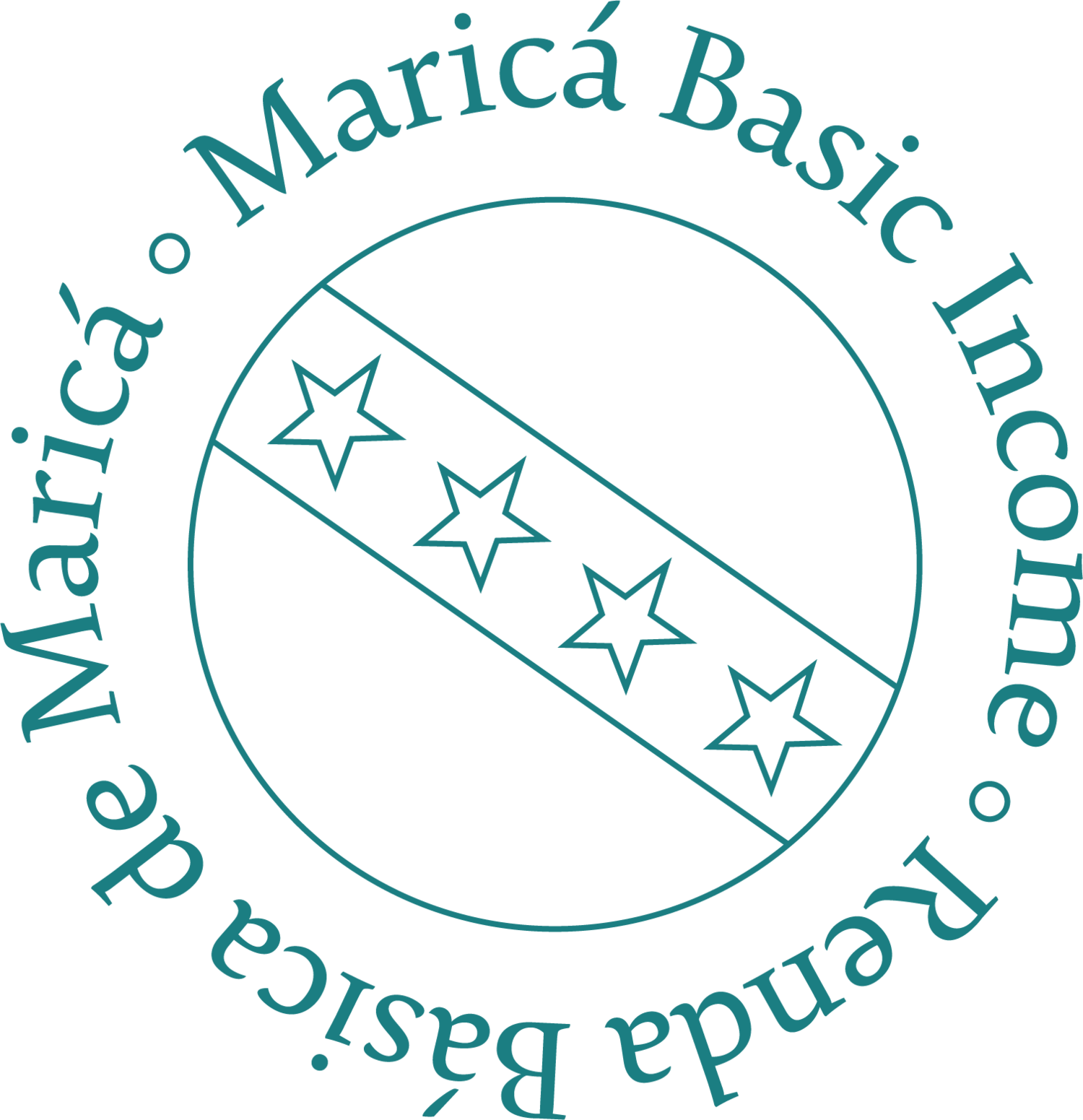Maricá Basic Income Evaluation
A mixed-methods study of the largest basic income program in Latin America


The Maricá Basic Income Evaluation will examine the impacts of an unconditional, monthly cash payment policy to 42,000 citizens of the Brazilian city of Maricá. The policy, known as the Renda Basica de Cidadania (Citizens’ Basic Income), is funded by oil revenues, and was created in 2015 and expanded in 2019, when the value was set at 130 reais (US$25), paid in mumbuca, a local digital currency. In April 2020, in response to the Covid-19 pandemic, the value of the benefit was more than doubled to 300 mumbucas (US$59) through December 2021. In May 2022, the value of the benefit was permanently increased to 200 mumbucas (US$39).
Our international, interdisciplinary research team of social scientists from the Jain Family Institute in New York City, USA, and the Universidade Federal Fluminense in Niterói, Brazil, has embarked on a large-scale study of the program. We combine quantitative and qualitative methods to examine the effects of the program on Maricá’s citizens and economy.
